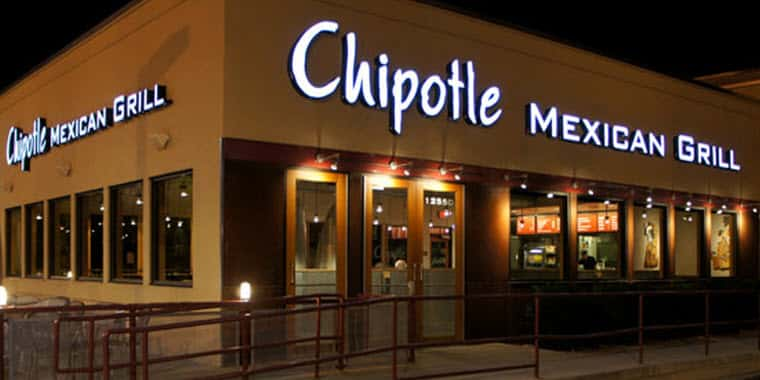by Jillian Berman, Huffington Post
Americans increasingly want grocers and restaurants to carry meat they can feel good about eating. But that meat is scarce, as Chipotle's pork problem revealed this week.
Chipotle, which has won over diners partly for its commitment to sustainability and animal welfare, recently discovered that one of its pork suppliers wasn’t meeting its “Responsibly Raised” standards. Chris Arnold, a Chipotle spokesman, explained in an emailed statement that the chain refuses to sell pork that comes from conventional farms because such pigs “generally do not have access to the outdoors, [and] spend their lives in densely crowded buildings,” among other issues.
But there is so little quality pork on the market that, for now, Chipotle has stopped offering the meat in hundreds of its locations.
“We would rather not serve pork at all, than serve pork from animals that are raised in this way,” Arnold said. “Replacing the supply we have lost in these ways will take some time, but it is important to us to maintain our high standards for pork and we will continue to see some shortage while we work to increase the available supply. “
Chipotle’s predicament illustrates the challenge in running a big chain committed to humanely raised meat. Less than 5 percent of meat in the U.S. is raised according to humane standards even using the broadest definitions, according to Andrew Gunther, the program director of American Welfare Approved, which certifies farms as humane.
Chipotle occasionally runs into this issue with beef as well, substituting meat from conventional farms when there isn’t enough available from suppliers that meet its standards. But in the case of the pork, the chain won't budge on its requirements. In an email, Arnold said that the differences in animal welfare are greatest with pork.
Other big chains taking a stab at selling humanely raised meat are also struggling for supply. Carl’s Jr. launched its “All Natural Burger” in December, and the chain is sourcing its grass-fed, antibiotic- and steroid-free beef from Australia because there isn’t enough supply in the U.S., the company’s CEO told USAToday last month.
And the market for this meat is only getting more crowded. Smaller chains with a similar feel-good ethos — Shake Shack, Sweet Green and Native Foods — are growing increasingly popular as diners demand fresh, natural and ethically raised food.
The problem is that the mass meat market, particularly the segment that caters to fast-food restaurants, is driven largely by price, said Aaron Allen, the founder of Aaron Allen and Associates, a restaurant consulting firm. “That's really the way that the industry has been oriented for the last three to four decades: How do we get it cheaper? Quicker?” Allen said. In that kind of environment, there's little reward for suppliers to spend the time and money ramping up their quality standards.
CLICK HERE to read the full article
Source: Huffington Post
Posted by Jami Howell


